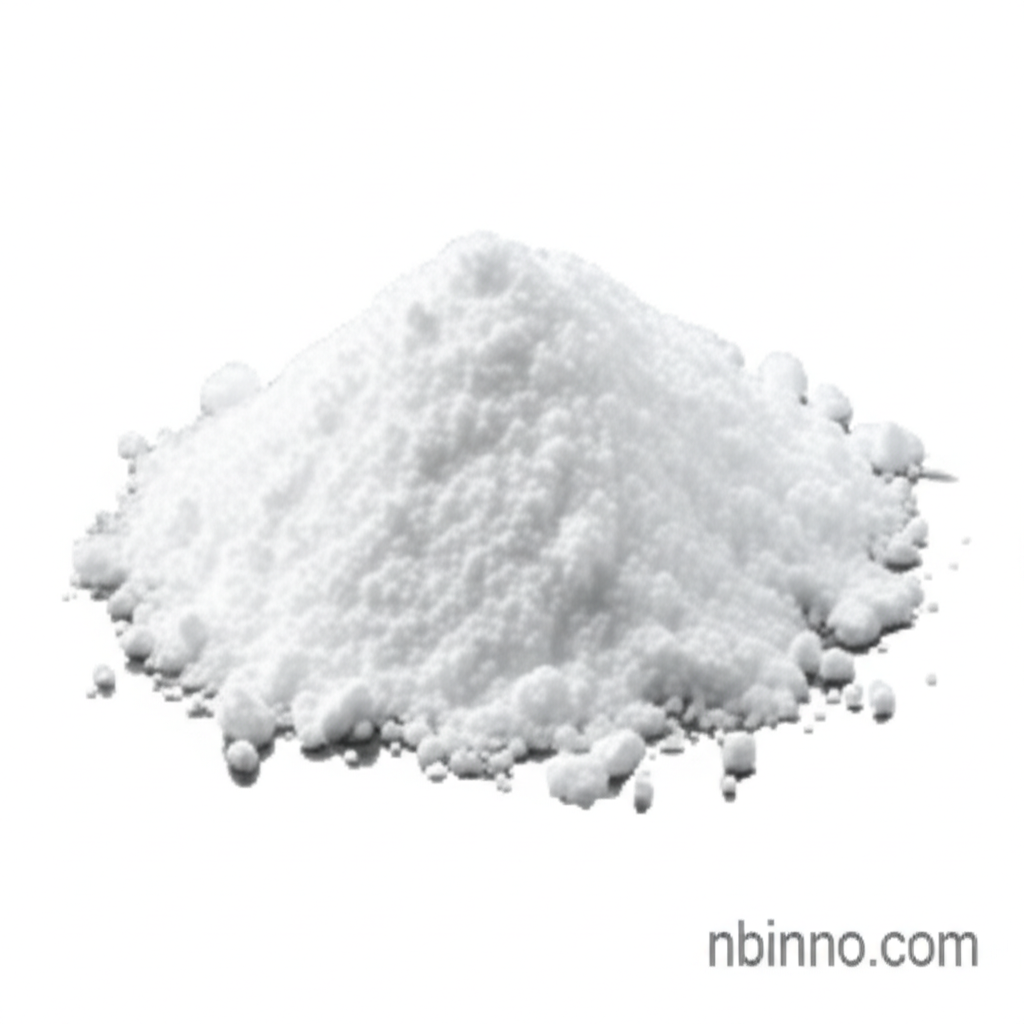S-Butyrylthiocholine Iodide: A Key Chromogenic Substrate for Butyrylcholinesterase Activity Assays
Unlock precise enzyme analysis with S-Butyrylthiocholine Iodide, your essential reagent for reliable cholinesterase activity studies.
Get a Quote & SampleProduct Core Value

S-Butyrylthiocholine Iodide
S-Butyrylthiocholine Iodide is a vital chromogenic substrate essential for the accurate quantitative analysis of butyrylcholinesterase (BChE) activity. Its unique chemical structure allows it to be reliably hydrolyzed by BChE, yielding thiocholine, which is then detected colorimetrically. This makes it an indispensable tool for researchers investigating enzyme kinetics, developing diagnostic assays, and screening for potential cholinesterase inhibitors used in treating conditions like Alzheimer's disease.
- Facilitate accurate enzyme kinetics studies by providing a reliable substrate for measuring BChE activity.
- Enable the development of BChE inhibitors by serving as the benchmark in screening assays for potential therapeutic agents.
- Characterize BChE variants with precision using this substrate to understand genetic differences in enzyme function.
- Support toxicological assessments by measuring cholinesterase inhibition, a key biomarker for pesticide and nerve agent exposure.
Key Advantages
High Specificity for BChE
S-Butyrylthiocholine Iodide exhibits preferential hydrolysis by butyrylcholinesterase (BChE) over acetylcholinesterase (AChE), allowing for specific measurement of BChE activity, critical for characterizing BChE variants.
Robust Assay Compatibility
It is a cornerstone of the widely used Ellman's assay, adaptable to both colorimetric and advanced fluorometric detection methods for robust enzyme kinetics studies.
Essential for Drug Discovery
The compound is instrumental in screening for novel cholinesterase inhibitors, forming the basis for developing new treatments for neurodegenerative diseases through BChE inhibitor development.
Key Applications
Enzyme Activity Measurement
Precisely quantify BChE activity in biological samples like serum and plasma, fundamental for clinical diagnostics and research.
Drug Screening and Development
Identify and characterize potential BChE inhibitors for therapeutic applications, particularly in Alzheimer's disease research.
Toxicology Studies
Assess the impact of pesticides and nerve agents by monitoring cholinesterase inhibition, a vital toxicology of cholinesterase inhibitors biomarker.
Biochemical Research Tool
Investigate enzyme kinetics, substrate specificity, and enzyme-protein interactions, advancing fundamental understanding in biochemical assay development and optimization.
